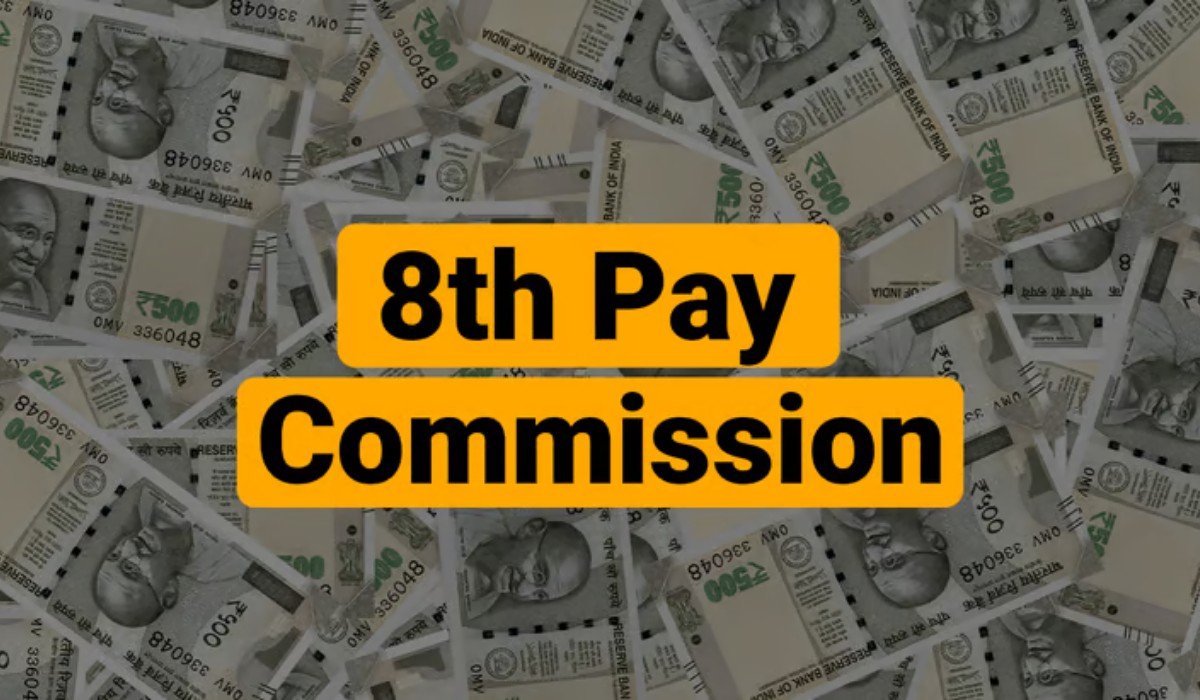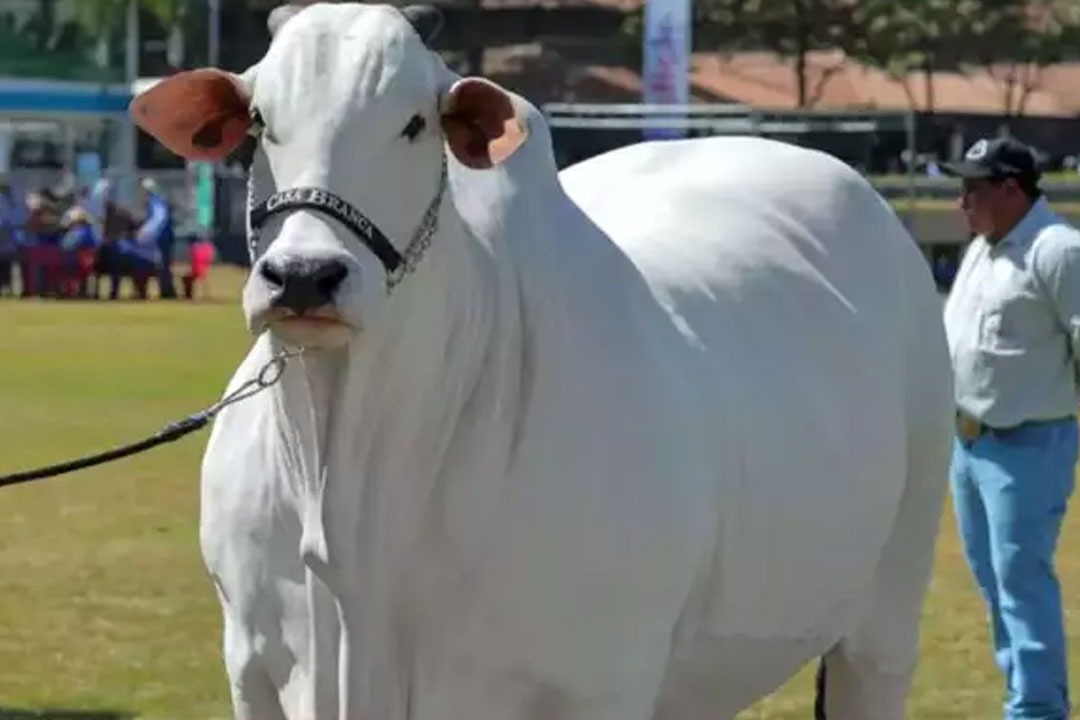The Union Cabinet approves setting up of 8th Pay Commission to revise salary structures, allowances, and pensions for central government employees and pensioners.
In a significant move, the Union Cabinet has approved the formation of the 8th Pay Commission, which aims to revise the salaries and allowances of central government employees and pensioners. The announcement was made by Union Minister Ashwini Vaishnaw, following a Cabinet meeting chaired by Prime Minister Narendra Modi.
Chairman and Members to be Appointed Soon
The minister confirmed that the chairman and two members of the newly constituted Pay Commission would be appointed in the near future. Further consultations will also be conducted with both central and state governments, alongside other stakeholders, to ensure the effective implementation of the new salary revisions.
Prime Minister’s Statement on the Decision
Prime Minister Narendra Modi expressed that the establishment of the 8th Pay Commission would contribute to boosting consumption and improving the overall quality of life for government employees. He highlighted the hard work of government employees in shaping a “Viksit Bharat” (Developed India) and noted that the decision would help enhance their living standards. He shared his views on X (formerly Twitter), stating that the move would provide a boost to both the quality of life and consumption.
Pay Commissions: A Regular Government Practice
The central government sets up a Pay Commission approximately once every decade to review and revise the salary structure of its employees. In addition to salary revisions, each Pay Commission also defines the Terms of Reference (ToR), which outlines the focus areas, such as pension payments and allowances.
Overview of the Current Workforce
The 7th Pay Commission, which is currently in effect, covers over 49 lakh central government employees and approximately 65 lakh pensioners. The 7th Pay Commission, established in 2016, is set to conclude its term in 2026.
What is Covered Under the Pay Commissions?
The central government employees covered under the Pay Commission include individuals in civil services and those whose salaries are drawn from the Consolidated Fund of India. However, employees working in Public Sector Undertakings (PSUs) and autonomous bodies, as well as Gramin Dak Sevaks, are not part of the Pay Commission’s scope.
Employees working in PSUs, such as Coal India, follow separate pay scales tailored to their specific organization.
Revisions Under the 7th Pay Commission
The 7th Pay Commission saw significant changes in the salary structure, with unions initially demanding a 3.68 fitment factor for salary revisions. However, the government decided on a 2.57 fitment factor, which directly impacted salary calculations.
Minimum and Maximum Salary Revisions
Under the 7th Pay Commission, the minimum basic pay was raised to ₹18,000 per month, an increase from ₹7,000 under the 6th Pay Commission. Similarly, the minimum pension also saw a jump from ₹3,500 to ₹9,000. At the other end, the maximum salary was revised to ₹2,50,000, and the maximum pension was increased to ₹1,25,000.
The formation of the 8th Pay Commission is poised to bring about significant changes in the salary and pension structure for central government employees and pensioners. The decision reflects the government’s commitment to improving the living standards of its employees and promoting economic growth. With the forthcoming consultations and appointments, the process of revising the salary structure is set to unfold, impacting millions of government workers across India.











